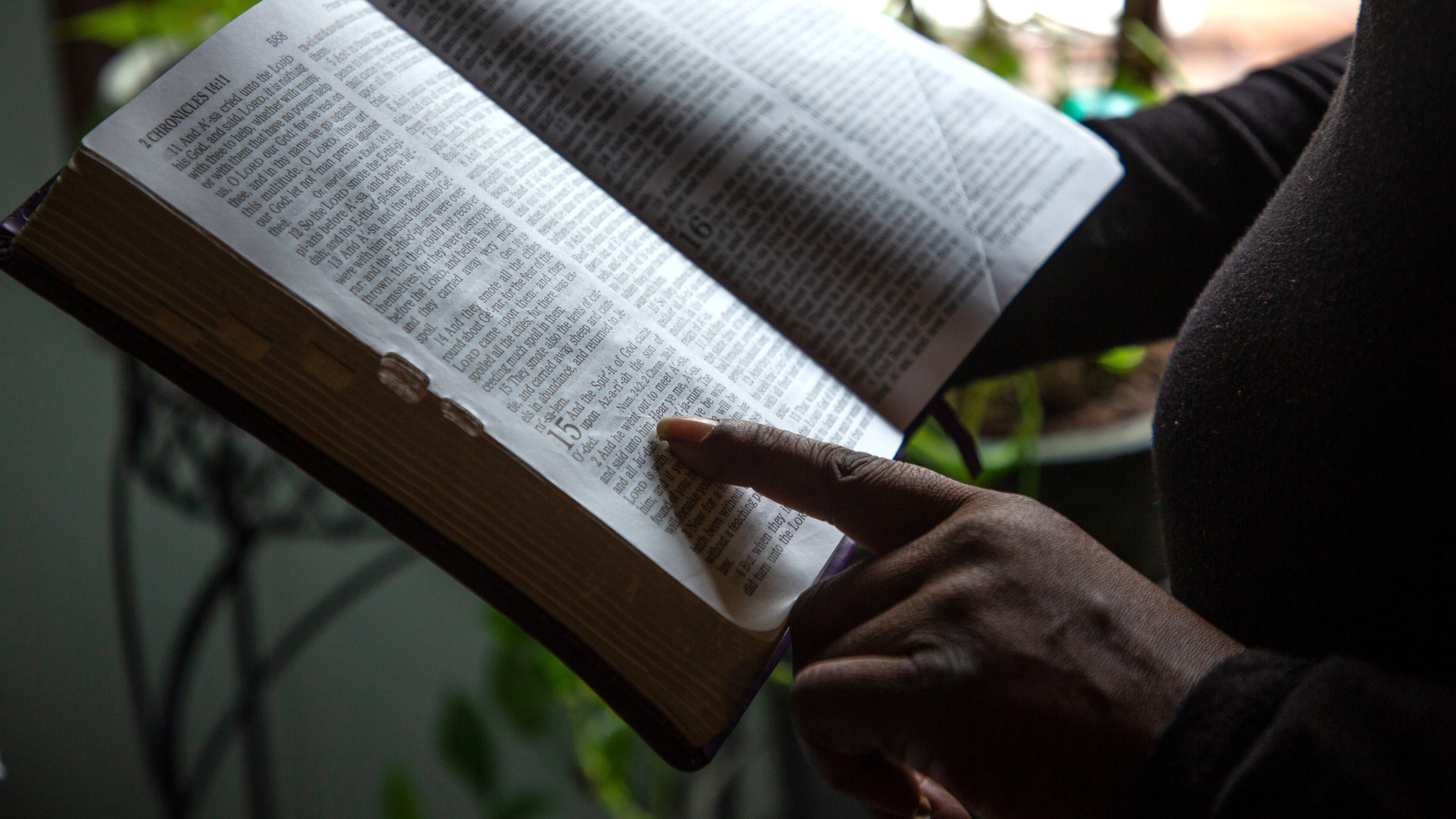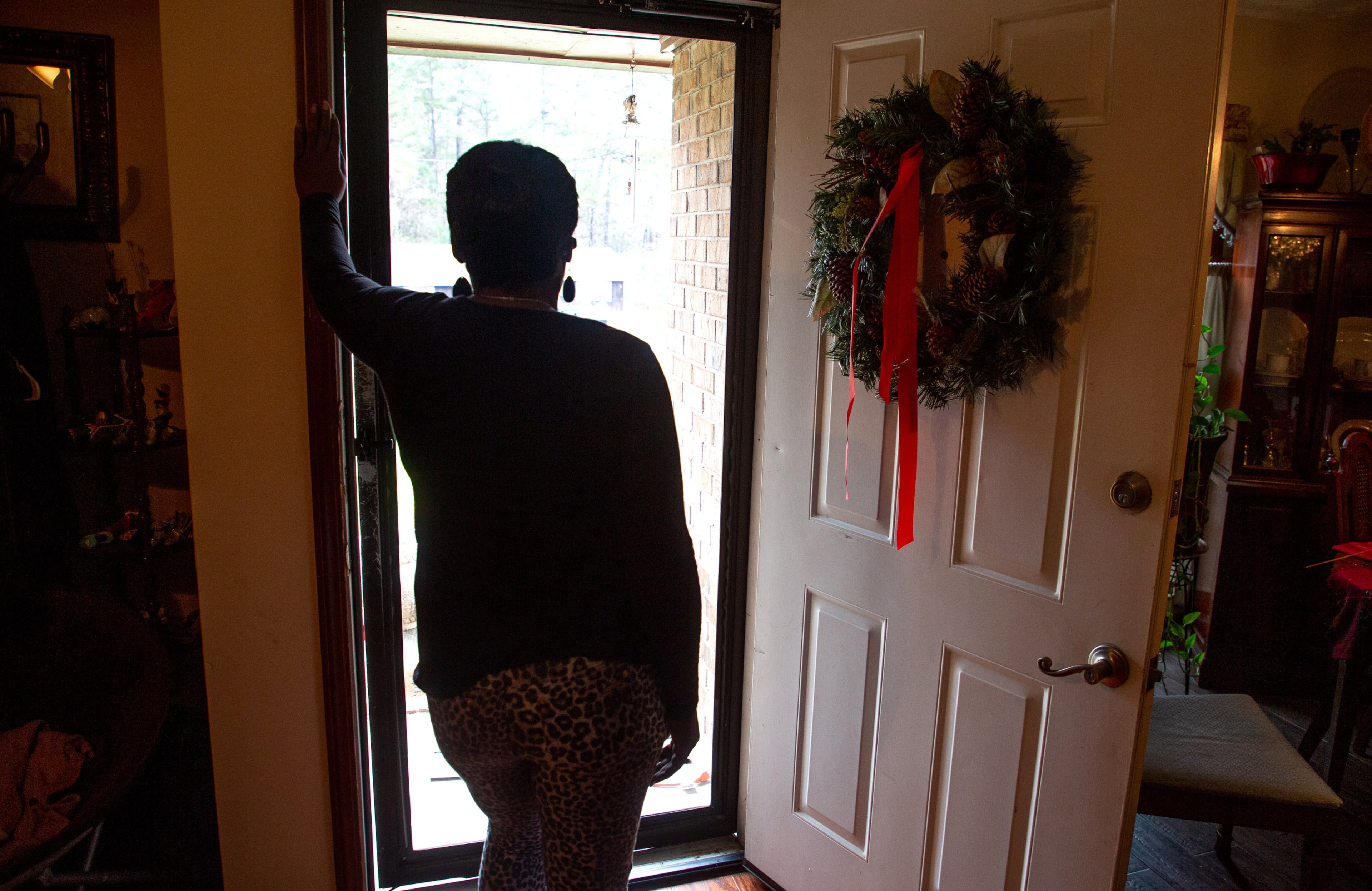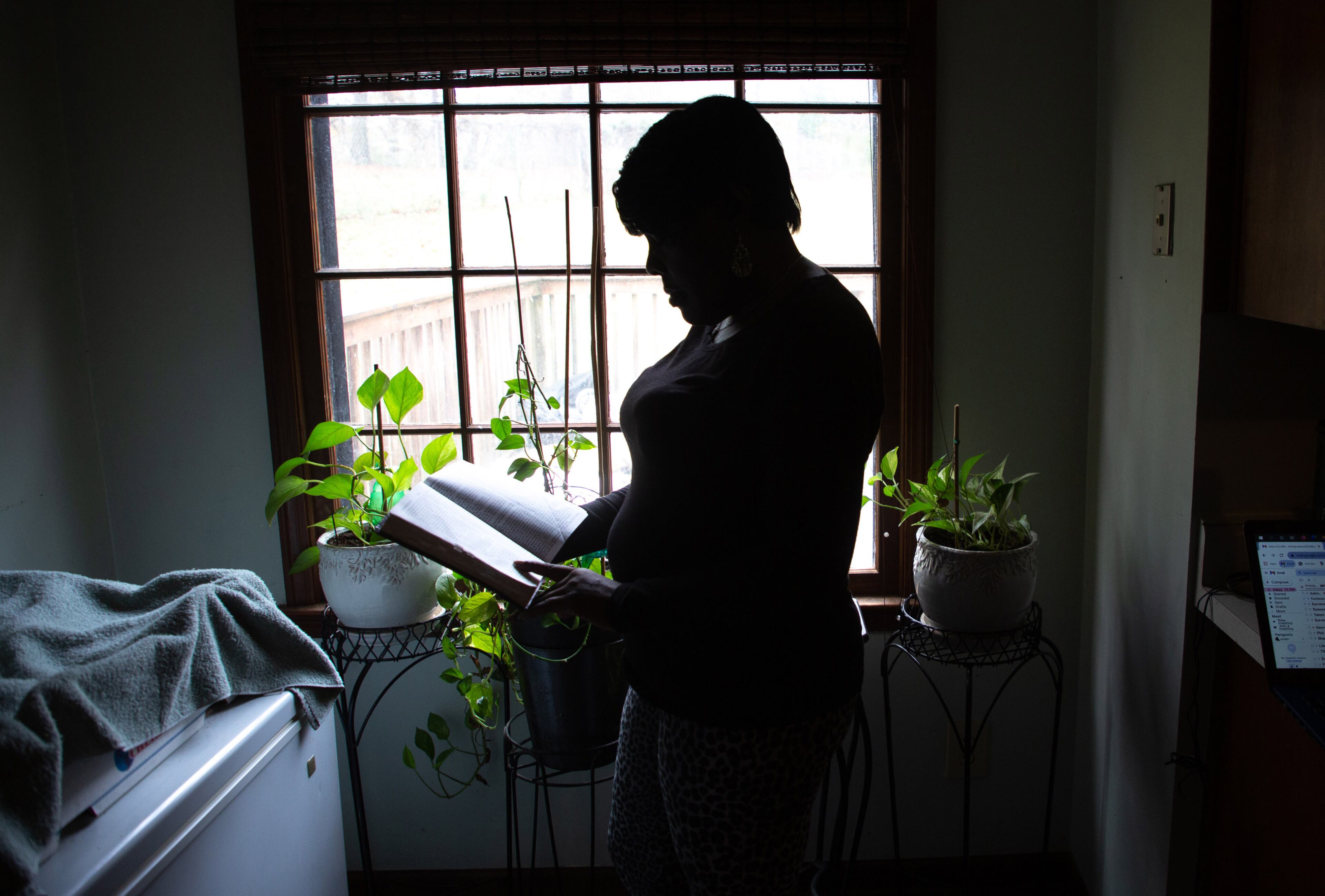Clients scramble for shelter as HIV program in limbo

Nearly two years ago, a federal agency issued a warning to city of Atlanta officials: Clean up the city-run program to house those living with AIDS and HIV or face the loss of tens of millions of dollars in funding.
Since then, chaos and mismanagement at the troubled program has only deepened, once again placing the housing of some of its estimated 1,500 medically vulnerable clients in limbo, say health advocates, LGBTQ community leaders and others involved with the program.
One of the program’s largest housing providers announced it was dropping out because of overdue payments from the city, forcing clients to seek help elsewhere. About 300 who have been approved for the 29-county Housing Opportunities for Persons With AIDS program are still waiting for homes, while an additional 1,200 individuals and families who asked for help await screening — even as the city sits on tens of millions in unspent federal funds, according to figures from Georgia Equality, the LGBTQ advocacy group.
“It just seems to get worse every time we turn around,” said Jeff Graham, Georgia Equality’s executive director. He signed on this month to an open letter addressed to mayor-elect Andre Dickens and newly-elected councilmembers that called the housing program “broken beyond repair” and urged them to act.
Dickens wants to work with community members to get services back on track quickly, a spokesman said, and Graham and others seeking reform are cautiously optimistic.

People living with AIDS and HIV say they need immediate help.
“I’m homeless right now,” said a former client of Positive Impact Health Centers. “Every day I wake up and I don’t know what to do.” The client, 48, asked that the AJC withhold her name to avoid public disclosure of her HIV status.
After payment delays led Positive Impact to drop out of the program, she said she entered the care of a revolving door of case workers and service providers. There have been so many that she no longer knows whom to call for help.
A mold infestation that triggered severe asthma and other health crises forced her to move out of her HOPWA-funded apartment in late October, she said, Now she lives in a house that is so crowded that she must share her bed with her mother. A $400 security deposit on a new apartment is more than she can cover with her $794 monthly disability check.
The program previously left some 250 clients at risk of homelessness during the summer of 2019, when the city withheld funds from then-contractor The Living Room during a feud over accusations of mismanagement, improper behavior and petty retribution. The nonprofit went out of business, and the city scrambled to find groups to take its clients.
Other nonprofits also complained of payment delays, and Positive Impact was owed as much as $1.9 million, forcing it to get bridge loans, its CEO Larry Lehman said at the time. He declined comment for this story.
An investigation by the U.S. Department of Housing and Urban Development accused the city of poor stewardship and a persistent lack of financial controls.
HUD continues to work with the city to resolve outstanding findings from two years ago, agency spokesman Freedom Murphy said in a written statement. City spokesman Michael Smith said in a written statement that it processes payments “regularly and consistently,” and hired a contractor to clear reimbursement backlogs by early next year.
Other problems continue to emerge. Millions in HOPWA funds expired because the city failed to use them by federal deadlines, and $1.7 million in emergency COVID-19 relief sat untapped for more than a year before the city was able to hire a contractor to distribute it, public records show.
At least two other city contractors are no longer accepting new clients for key services or are cutting back on cases, according to Georgia Equality research.

Atlanta-area residents who need help say they are losing hope. Antony Clark, 36, has been living with a relative during his two-year wait for assistance and worries he’s worn out his welcome. One-bedroom apartments near Atlanta’s Bankhead neighborhood used to be affordable, but they’re now leasing for $1,200 per month, he said. This is out of reach on his $13 hourly wage.
Sometimes, Clark is so anxious about his living situation that he doesn’t eat, and it’s harming his health.
“What if they tell me if I have to leave? Where am I going to go?” Clark said. “I don’t have any other options other than this right now.”
Georgia Equality leaders and Daniel Drirffin, co-founder of AIDS and HIV health advocacy group Thrive SS, recommended in their open letter to Dickens that the city find an outside agency to run the program and come up with a plan to rapidly house all of those on the waiting list.
If Dickens intends to keep his campaign promise of making Atlanta more equitable, he needs to uphold the city’s obligations to those living with AIDS and HIV, Driffin said.
“We have an amazing opportunity to do something different,” he said.


